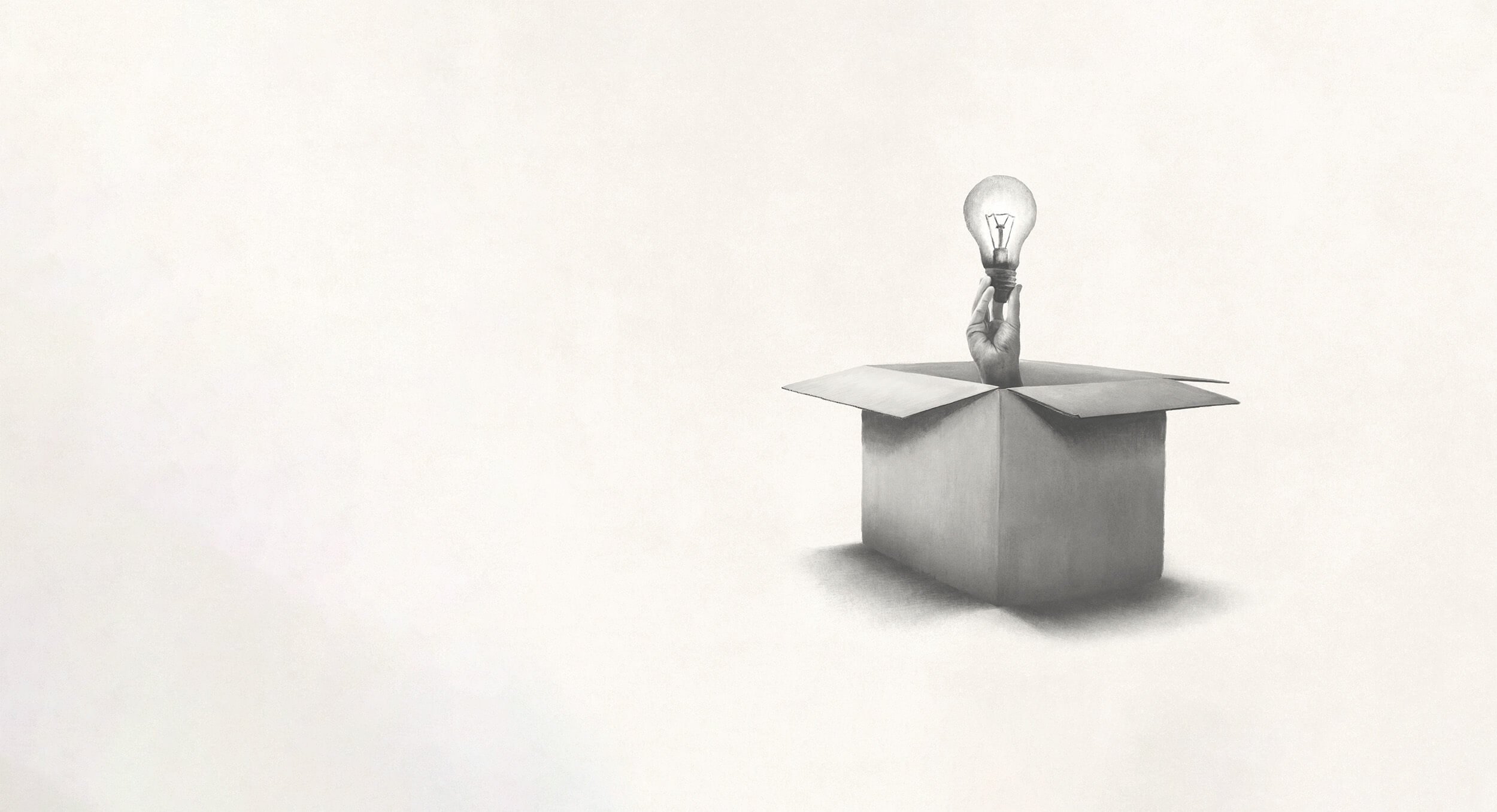
Resources
Treating mental health
When you go to the doctor with a sore leg after an accident, say, an x-ray can be taken to see if the leg is broken. If you see the doctor and you are feeling tired and lethargic, he may do a blood test to see if you have anaemia. These are tests that doctors do to make a diagnosis.
In mental health, there are no simple tests to tell what is going wrong. So does this mean in mental health we are working in the dark because we cannot work out what is wrong?
No, of course not.
A different approach
What it does mean, is in mental health we often need to think differently about “diagnosis”. In other branches of medicine the process of diagnosis is done by collecting information from the history, the symptoms, and signs and tests – seeing what fits with what – and then sifting the information down, reducing it, to get the best fit that matches a diagnosis thus the appropriate treatment. This is a process of reductionism i.e. start with a lot of information and throw bits away to get the best match with a diagnosis.
The approach to mental health is rather the opposite.
Instead of dropping off pieces of the jigsaw, we try to build a full picture. In fact, comes from the real meaning of the word diagnosis. It has two parts; ‘dia’ meaning two, and ‘gnosis’ meaning knowledge, and can be best understood as knowing (someone) through and through. So the challenge for us is to get all the pieces of the jigsaw and work out how they fit so that it makes sense to me, and, most importantly, to you.
And, if you like playing with words, the opposite of reduction has concepts of:
Augment, develop, grow, improve, recover, progress. I hope you get the picture.
What people may say when they are struggling
“Sad for no reason” “On edge” “Silly thoughts in my head I can’t get rid of” “Anxious and worried” “Somehow people are out to get me” “I love him but I am not in love with him” “Prefer to get wasted” “Disbelief at what has happened” “Lost interest” “Worry” “There is something going on” “Feel I can’t cope without alcohol or cannabis” “Feel numb all over” “Can’t sleep well” “Heart racing” “Thinking bad things are about to happen” “Have to do rituals even though they’re stupid” “I hear a noise or someone calling my name when there is no one there” “People don’t understand what I need to get through” “Really confused” “Want to run away” “Feel tired most of the time” “I’m scared to be by myself” “People will think I’m mad” “My thoughts don’t feel my own” “I can’t say what I need to say” “Everyone’s on my back” “Time seems to have stopped”
What other people may notice
“A lot quieter” “Over talkative” “Takes forever to do stuff e.g. leave the house” “Not your usual self, more withdrawn” “Seems flat and doesn’t laugh much” ”Stopped doing things you used to do” “Doesn’t go out much” “Spend more time apart from your partner” “Get drunk every time you socialise” “Can’t show any emotion” “Shaky” “Not looking after yourself so well” ‘Argues a lot more” “Doesn’t know when to stop drinking” “Talks in a matter of fact way” “Can’t make your mind up” “Keeps things far too tidy” “Loses the thread of a conversation” Takes less care” “Gets more obnoxious” “Trembling and shaking” “Looks tense” “Lives in a complete pigsty” “Mumbling to yourself” “Complains more to friends just how bad it is” “Pretends to be happy” “Can’t cry or be angry”
These comments are but a minute fraction of how people talk about mental health issues. It’s just to give the idea of finding the jigsaw pieces and putting them together in a meaningful way.
The key attitude is curiosity, yours and mine.
“Curiosity is one of the greatest secrets of happiness.”
Brian Harrison McGill
Born November 7, 1969. Brian is an American author, speaker and activist in the fields of self-development, personal freedom and human rights.

